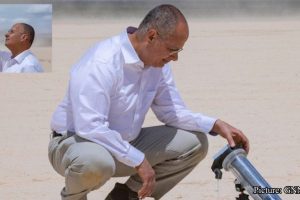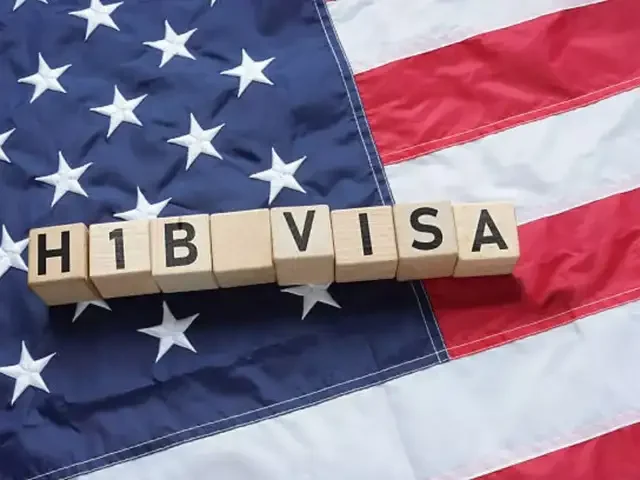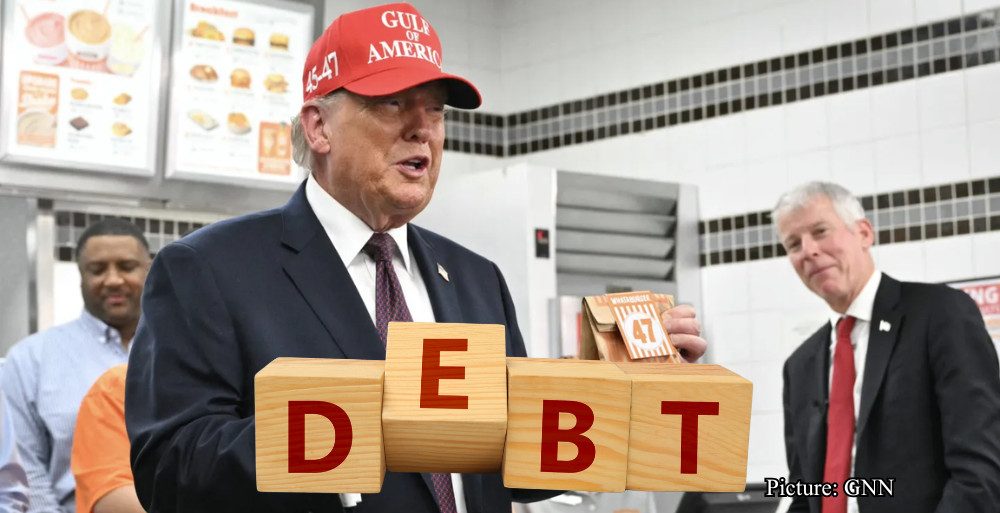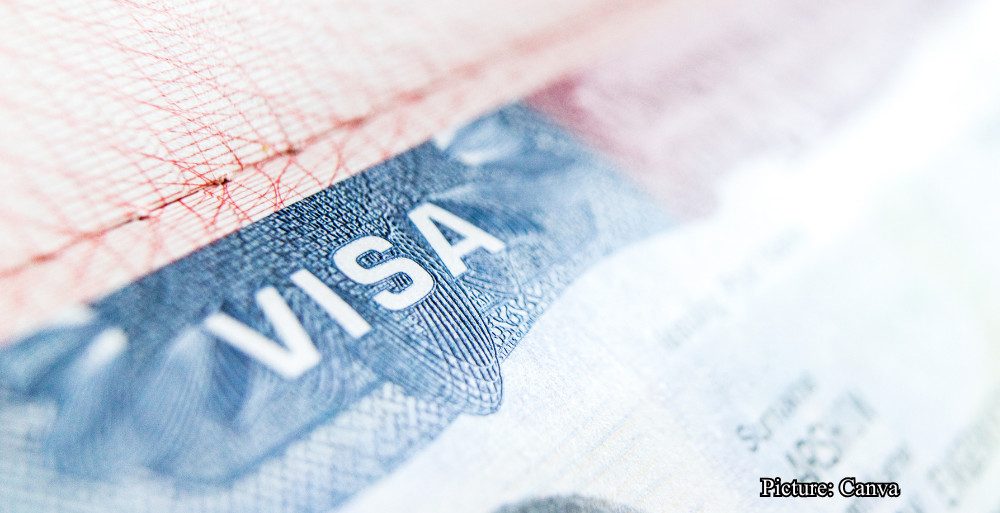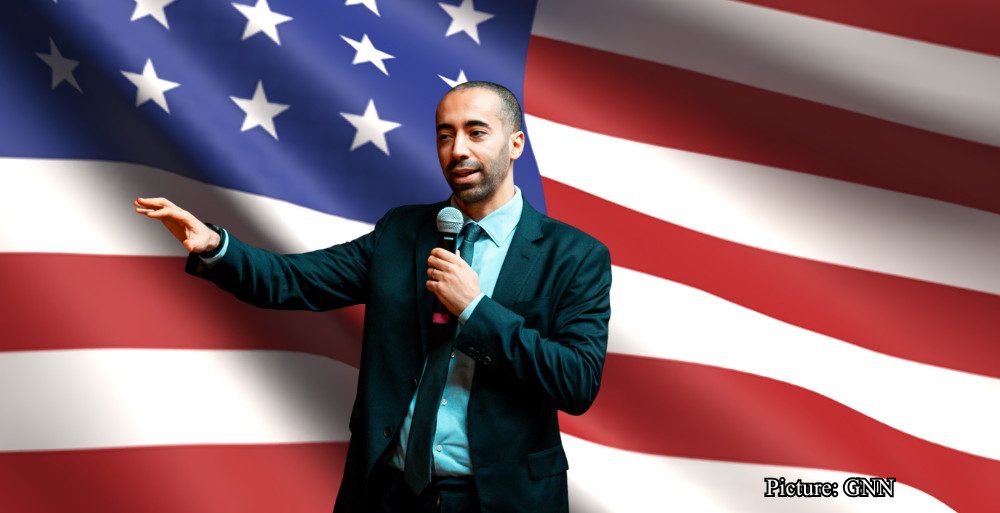In a significant legal development, the U.S. Supreme Court has declined to review a challenge to a federal rule permitting certain spouses of H-1B visa holders to work in the United States. This decision effectively upholds a 2024 appellate ruling that affirmed the legality of the program.
The case, Save Jobs USA v. Department of Homeland Security (DHS), was brought by a group representing American technology workers who argued that the DHS overstepped its authority by extending work authorization to holders of H-4 visas—the dependents of H-1B skilled workers. The Supreme Court’s refusal to hear the case leaves the D.C. Circuit’s decision intact, allowing the rule to remain in effect.
The rule, introduced during the Obama administration in 2015, permits certain H-4 visa holders—typically spouses of H-1B workers pursuing permanent residency—to obtain work authorization. Proponents argue that the policy supports family unity and economic stability, while critics contend it may displace American workers.
This ruling marks the end of nearly a decade of legal challenges and provides clarity for thousands of families navigating the U.S. immigration system. It also underscores the ongoing debate over employment-based immigration policies and their impact on the domestic workforce.









